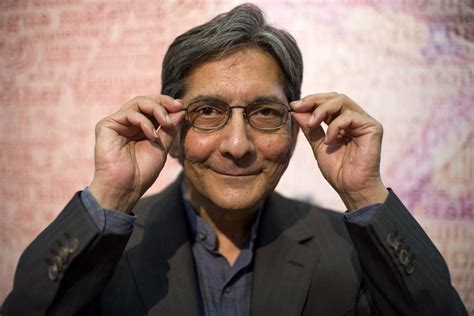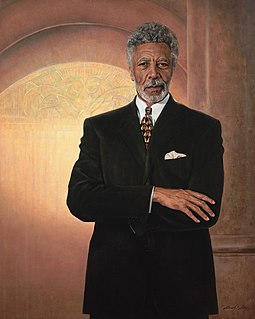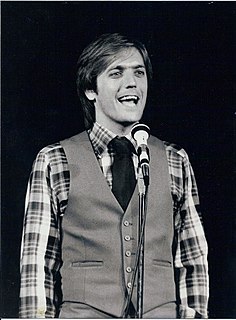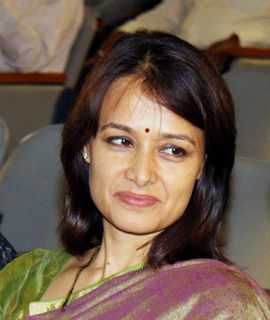A Quote by Achmat Dangor
I remember my emotions the day we watched Nelson Mandela walk out of prison Writing & literature in South Africa during the anti-apartheid years, became a 'cultural weapon.' You had to use it to fight apartheid & some of us resisted that in the end, you recognize that you are facing a government that has no scruples about using culture & art to oppress you.
Related Quotes
Mandela didn't end Apartheid in South Africa, the poor guy was in jail for 27 years, it was the African people that ended it but he was a symbol of their struggle. Or Gandhi in India, Gandhi was a great believer in non-violence and he was in and out of jail, but India became free. I think it's better to look at what people can do collectively and that's why it's so important to encourage them.
Nelson Mandela, Dada Vaswani, Harsh Mander, Shabana Azmi - I admire their humanitarian work. But sadly even Nelson Mandela could not keep corruption out of his cabinet and within a year, I am told, the victims of apartheid turned into perpetrators of corruption on their own people. Greed has no boundaries of colour or country does it?
When we shot "Cry Freedom," I wasn't even allowed in South Africa. They told me I could come but I wasn't going to leave. I had heavy death threats at that time. So we shot in Zimbabwe. In 1995, I had the privilege and the honor to meet Desmond Tutu and Nelson Mandela the same day: I had breakfast with Desmond Tutu and lunch with Nelson Mandela. Then I had the good fortune to have Mr. Mandela actually come to my house in California. There's been a tremendous amount of change.






































